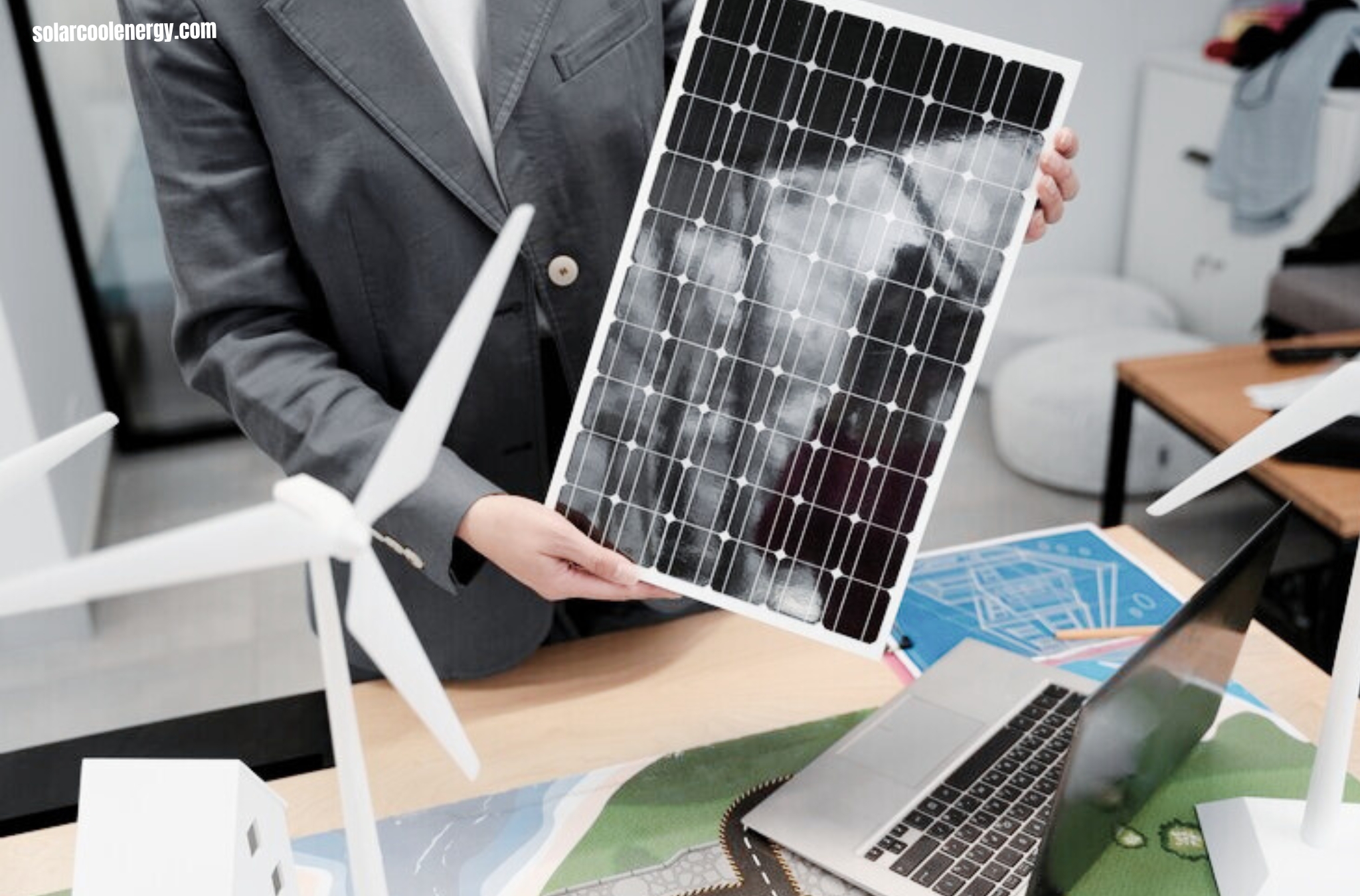Solar panels inefficient due to limitations in capturing energy from sunlight, including nighttime and overcast days. Additionally, accumulation of mud, dirt, debris, bird droppings, and pollen reduces their efficiency over time.
While factors such as insolation resistance, temperature, and solar panel type also play a role, the direct recombination of light-generated electrons and holes negatively impacts efficiency. Despite concentrated photovoltaic cells theoretically becoming more effective as light concentration increases, solar panels still face challenges in capturing varied photon energies.
These limitations contribute to the overall inefficiency of solar panels and impact their ability to maximize energy production from sunlight.

Credit: Youtube
Factors Affecting Solar Panels’ Efficiency
Solar panels, a pivotal element of the solar energy system, are hailed for their environmentally friendly nature and long-term cost efficiency. However, several factors can impede the performance of solar panels, diminishing their overall efficiency. Understanding these factors is crucial in maximizing the efficiency of solar panels for optimal energy production.
Solar Panels And Weather Conditions
Weather conditions have a direct impact on the performance of solar panels. The intensity of sunlight, duration of daylight, and the presence of cloud cover can all influence the efficiency of solar panels. Overcast days and variations in sunlight intensity can significantly reduce the energy output of solar panels.
Impact Of Nighttime And Overcast Days
Due to their dependency on sunlight, solar panels are rendered inefficient during nighttime and overcast days. The absence of direct sunlight hinders the generation of electricity, affecting the overall efficiency of solar panels.
Maintenance And Environmental Factors
Proper maintenance is essential to uphold the efficiency of solar panels. Accumulation of dirt, mud, debris, bird droppings, and pollen on the panels can obstruct sunlight absorption, leading to decreased efficiency. Environmental factors such as hail, snow, ice, and dust can also impact the performance of solar panels.
Effects Of Mud, Dirt, And Debris
The presence of mud, dirt, and debris on solar panels can obstruct sunlight and reduce their efficiency. Regular cleaning and maintenance are necessary to prevent the accumulation of these elements and maintain optimal panel performance.
Accumulation Of Bird Droppings And Pollen
Bird droppings and pollen can accumulate on solar panels, creating a barrier that diminishes the absorption of sunlight. This accumulation negatively affects the efficiency of solar panels, highlighting the importance of routine cleaning and maintenance.
Solar Cell Efficiency And Limiting Factors
The efficiency of solar cells is influenced by various factors including direct recombination, insulation resistance, temperature, and the type of solar panel. Direct recombination, a fundamental factor limiting efficiency, occurs when light-generated electrons and holes encounter each other, ultimately reversing the process of electricity generation in solar cells.
Understanding the factors impacting the efficiency of solar panels is essential in optimizing their performance and ensuring maximum energy production.

Credit: Youtube.com
FAQs Of Why Are Solar Panels Inefficient
Why Solar Panels Are Ineffective?
Solar panels are inefficient due to limited energy generation during nighttime and overcast days. They can also be hindered by dirt, debris, and reduced efficiency over time. Additionally, direct recombination and obstructed light can negatively impact energy production.
Why Can’t Solar Panels Be 100% Efficient?
Solar panels can’t be 100% efficient due to energy loss during conversion and limitations of sunlight availability. Additionally, factors like dirt, debris, and temperature also reduce their efficiency.
What Are The Problems With Solar Panel Efficiency?
Solar panels can be affected by mud, dirt, bird droppings, and pollen, reducing their efficiency. Additionally, their energy production is limited to sunny days, with interruptions during overcast weather and at night. Furthermore, the thickness of the panel’s layer and exposure to hail, snow, and ice also impact efficiency.
Is It True Solar Panels Are Only 20% Efficient?
Solar panels are typically around 20% efficient in converting sunlight into electricity. This means they can convert about one-fifth of the sunlight they receive into usable energy.
Conclusion
While solar panels offer numerous benefits, their efficiency is hindered by factors such as limited sunlight availability and external debris. Additionally, advancements in technology and research continue to address the challenges of solar panel inefficiency. By understanding these limitations, we can work towards optimizing solar panel performance for a more sustainable future.

